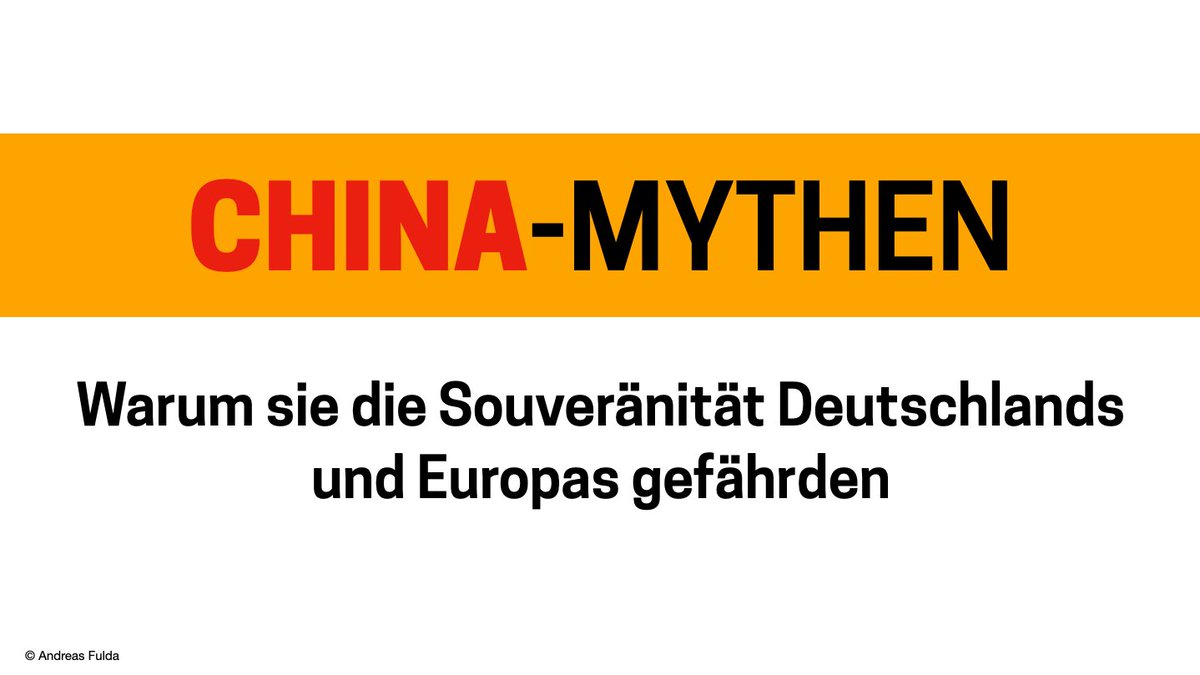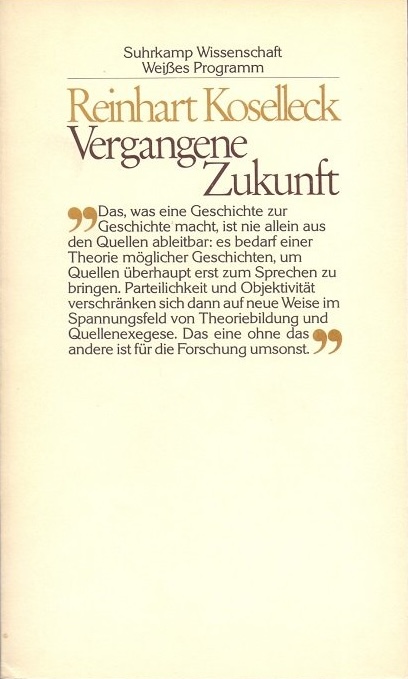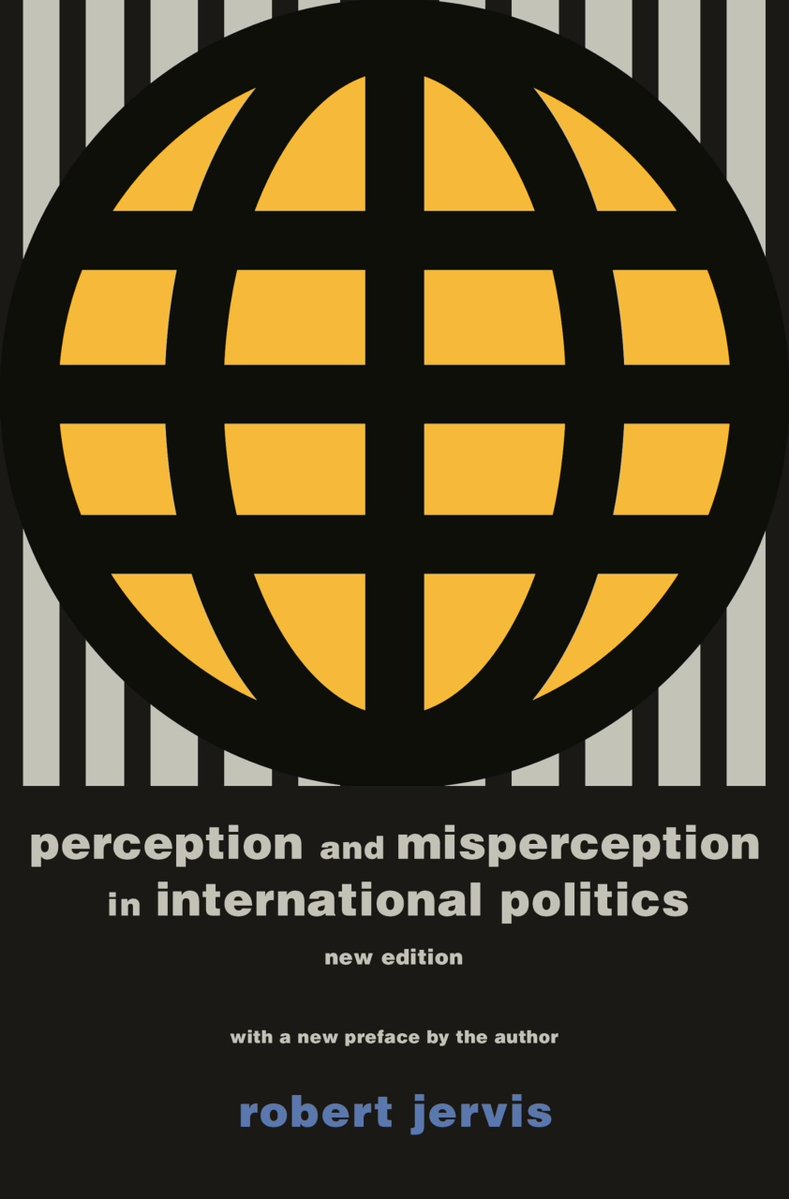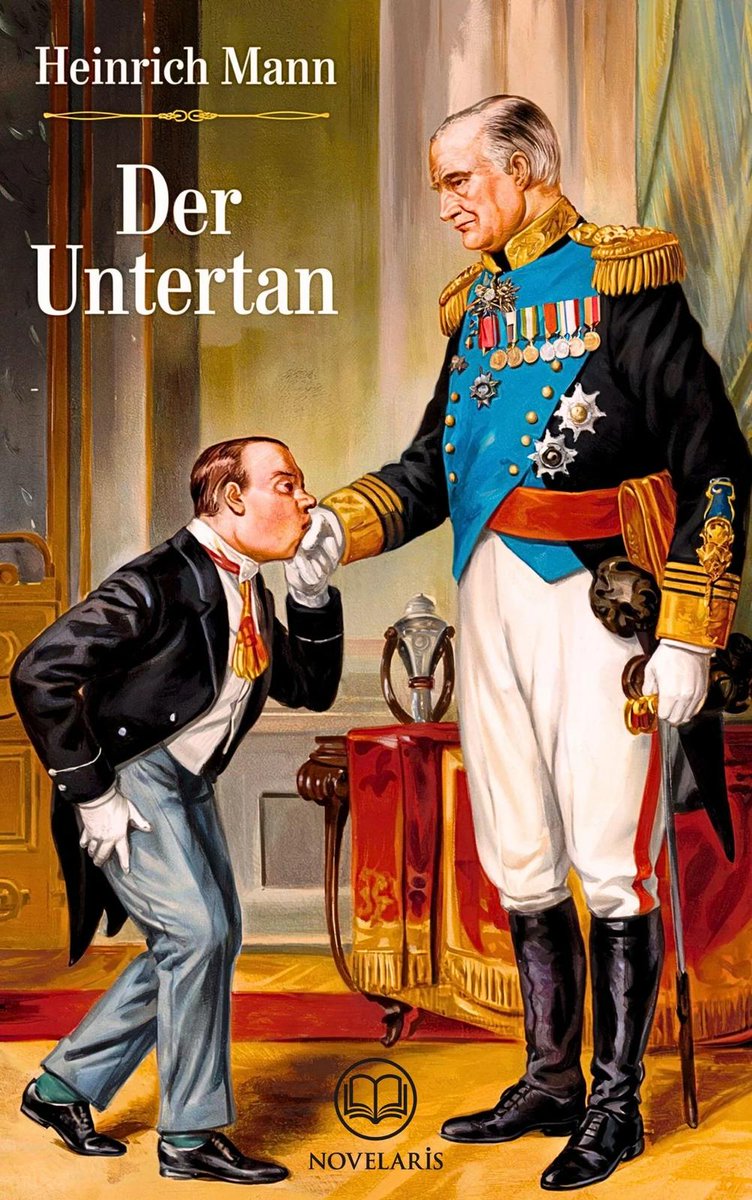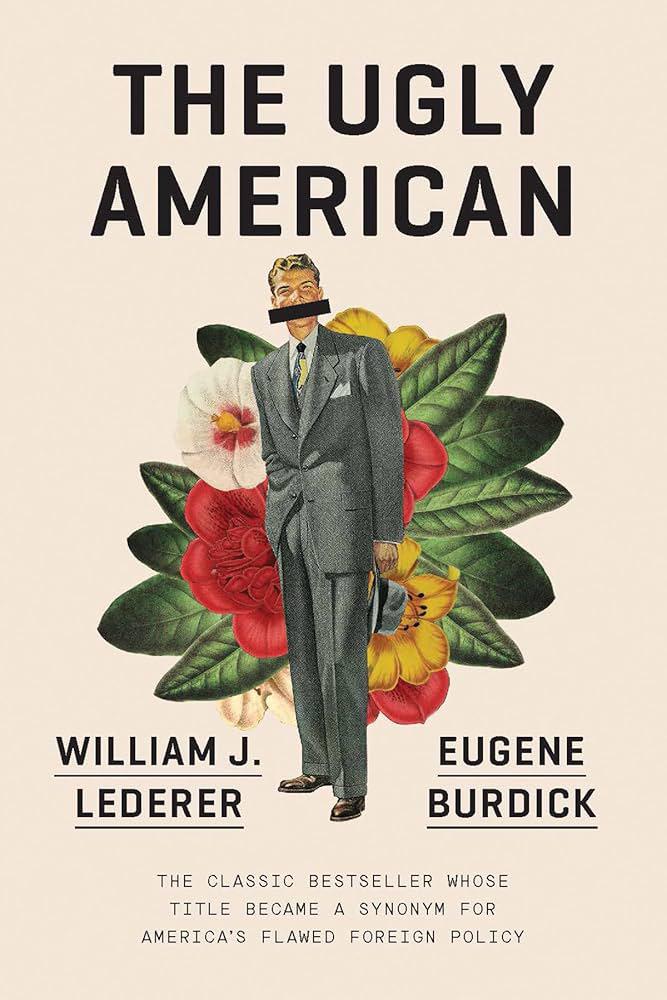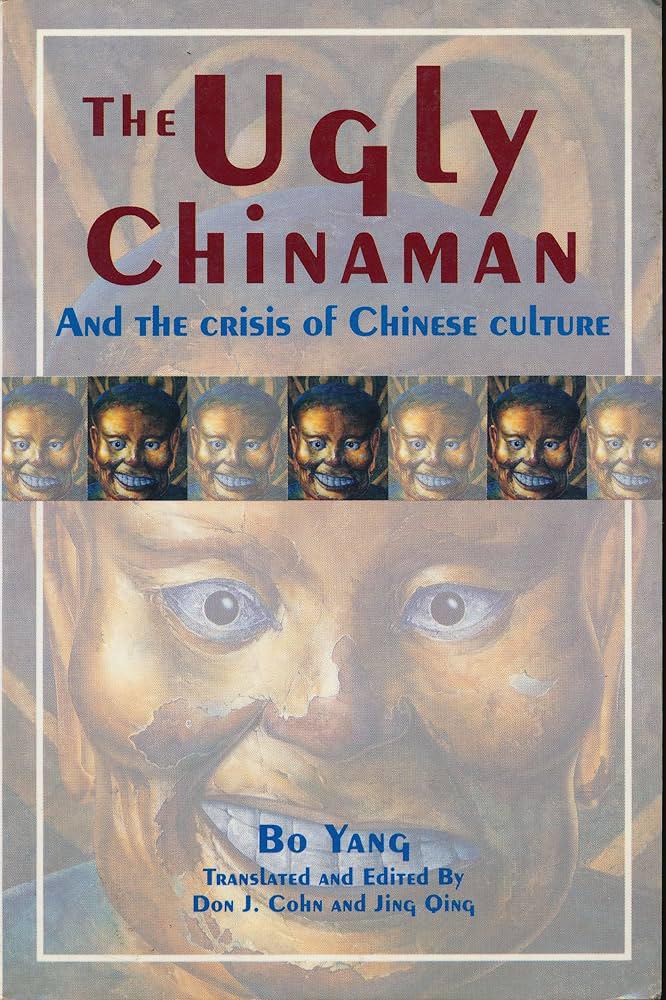With their cynical approach to the People's Republic of China 🇨🇳 the four chancellors Schmidt (1974-82), Kohl (1982-98), Schröder (1998-2005) and Merkel (2005-21) have done Germany 🇩🇪 a disservice. There is much to be learned from their leadership failures. A short thread 🧵 /1 

Chancellor Helmut Kohl is best known for his role in Germany's re-unification. Yet he also helped normalising the Chinese Communist Party (CCP) after the 1989 Tiananmen massacre. In 1995 he was the "first Western leader to visit a Chinese military base" /2 nytimes.com/1995/11/09/wor…
Kohl's visit to the People's Liberation Army 196 Infantry Division outside Tianjin was highly symbolic. It was a clear signal to the Chinese Communist Party that the atrocities of 1989 were no longer an obstacle to western business engagement with China /3 scmp.com/article/138269…
Under Kohl German China policy was increasingly driven by mercantilist considerations. Kohl helped to "[convince] a generation of German political and business elites that China held the key to Germany’s long-term prosperity." /4 politico.eu/article/german…
Kohl's successor Chancellor Gerhard Schröder went further. He relegated human rights concerns to a toothless 'dialogue'. In 2005 he lobbied to lift the European arms embargo, which he saw as an obstacle to deepening Germany's commercial ties with China /5 dw.com/en/schr%C3%B6d…
Schröder admired former Chancellor Helmut Schmidt. Despite retiring from front-line politics in the early 1980s, Schmidt exercised very problematic intellectual leadership in the early 2000s. Time and again Schmidt argued against China's democratisation /6 spiegel.de/politik/deutsc…
Schmidt argued that "in China all the prerequisites for a democracy were missing, there were no democratic traditions in Chinese history (author's translation)". He exaggerated the importance of Confucianism in Chinese political thought and practice /7 handelsblatt.com/meinung/kommen…
The German journalist Erling has portrayed Helmut Schmidt as part of the 'sceptic generation': Schmidt had grown up in the Third Reich; he was disillusioned, displayed a cynical attitude; rejected political visions and advocated pragmatism /8 welt.de/politik/auslan…
Erling critiqued Schmidt as an "authoritarian character dressed in the cloak of the sceptic. And therefore an admirer of all authoritarians in this world as long as they have power; and a despiser of anti-authoritarian democracy (author's translation)" /9
During a talk in 2012 "the former chancellor expressed his doubts about the export of Western democracy to the People's Republic". Gu Xuewu disagreed and told Schmidt that "a free system was always a better option than the naked exercise of power" /10 dw.com/en/magnet-chin…
Sieren has argued that "Germans should think hard about how to address [Schmidt's] legacy". Yet Schmidt's view of China was very problematic. He portrayed it in culturally essentialist terms. He also frequently gave the CCP the benefit of the doubt /11 dw.com/en/sierens-chi…
Following Schröder's election defeat in 2005 Angela Merkel began her long reign as chancellor. U-turn after u-turn revealed her lack of leadership. First she was in favour of nuclear energy, only to change her mind after Fukushima /12 dw.com/en/opinion-ang…
Merkel initially was critical of China and even met the Dalai Lama in 2007. Yet her biggest legacy will be the ill-considered Comprehensive Agreement on Investment #CAI. Merkel prioritised the bottom line of German conglomerates over any other concerns /13 spiegel.de/international/…
Under Merkel German China policy was effectively outsourced to the private sector. This opened the flood gates to corporate propaganda. In their blind pursuit of short-term profits economic elites distorted the German public discourse about China /14
https://twitter.com/AMFChina/status/1305414760213688320?s=20
Let me conclude with a brief summary. When the four chancellors exercised leadership they either normalised the CCP (Kohl), made the case against China's democratisation (Schmidt), or prioritised commerce over other enlightened values and interests (Schröder and Merkel) /15 

There is now a lot to unlearn. Myths about the importance of China's market and misunderstandings about China's political system need to be busted. Academics and think tankers should help to inform a more critical public debate about China. Germany needs a reality check /16 

The SPD foreign affairs spokesperson Schmid is right when arguing that “[we] need a real foreign policy for China — not just a business-oriented policy (...) We need to decouple our foreign policy from the commercial interests of big business” /End ft.com/content/0de447…
If you found the thread 🧵 about the four German chancellors’ cynical approach to China thought provoking please consider this thread from September 14, 2020. Here I write about the pitfalls of Germany’s single-minded pursuit of foreign trade promotion (Außenwirtschaftsförderung)
https://twitter.com/AMFChina/status/1305414754392047618
• • •
Missing some Tweet in this thread? You can try to
force a refresh


